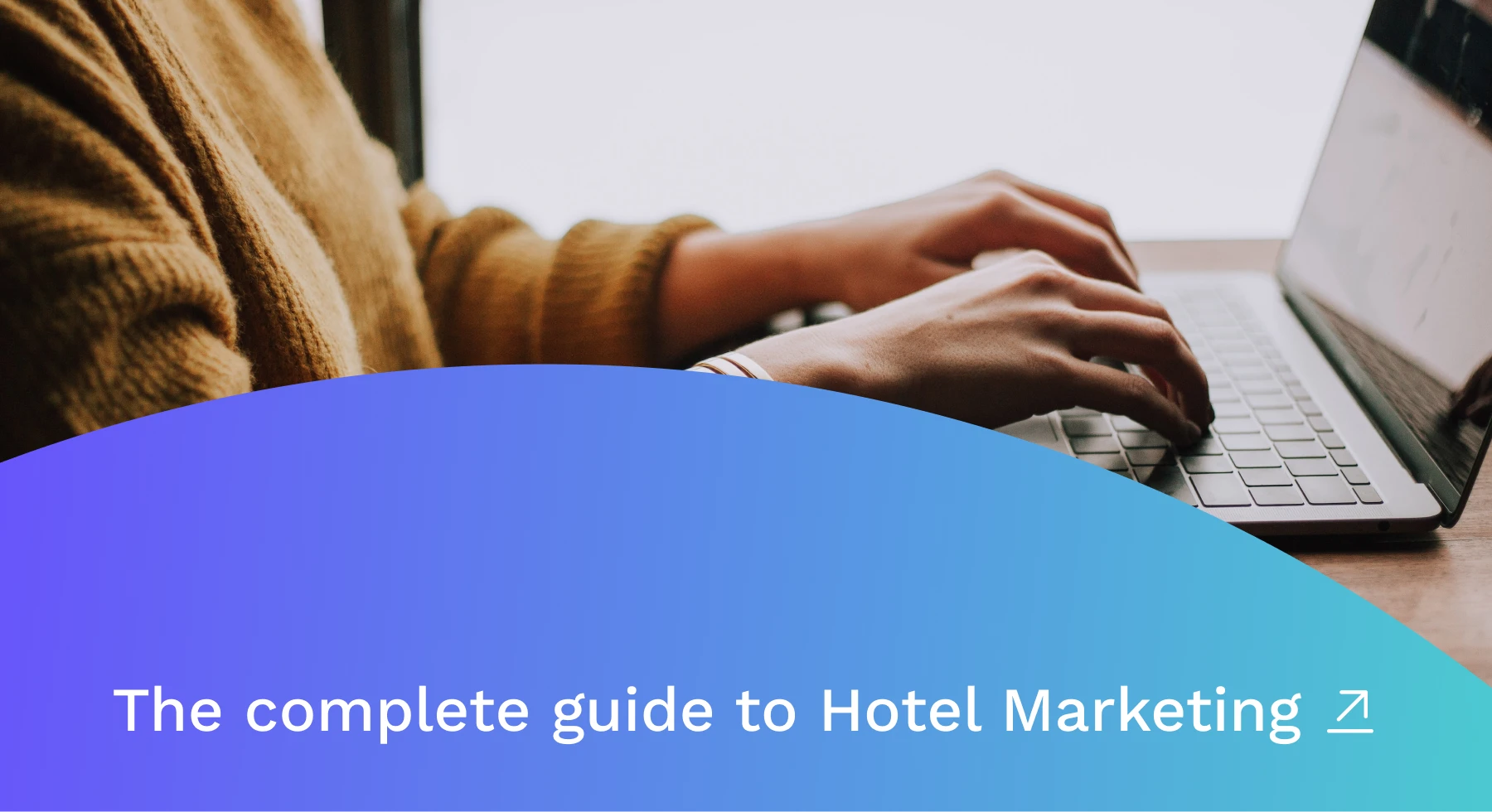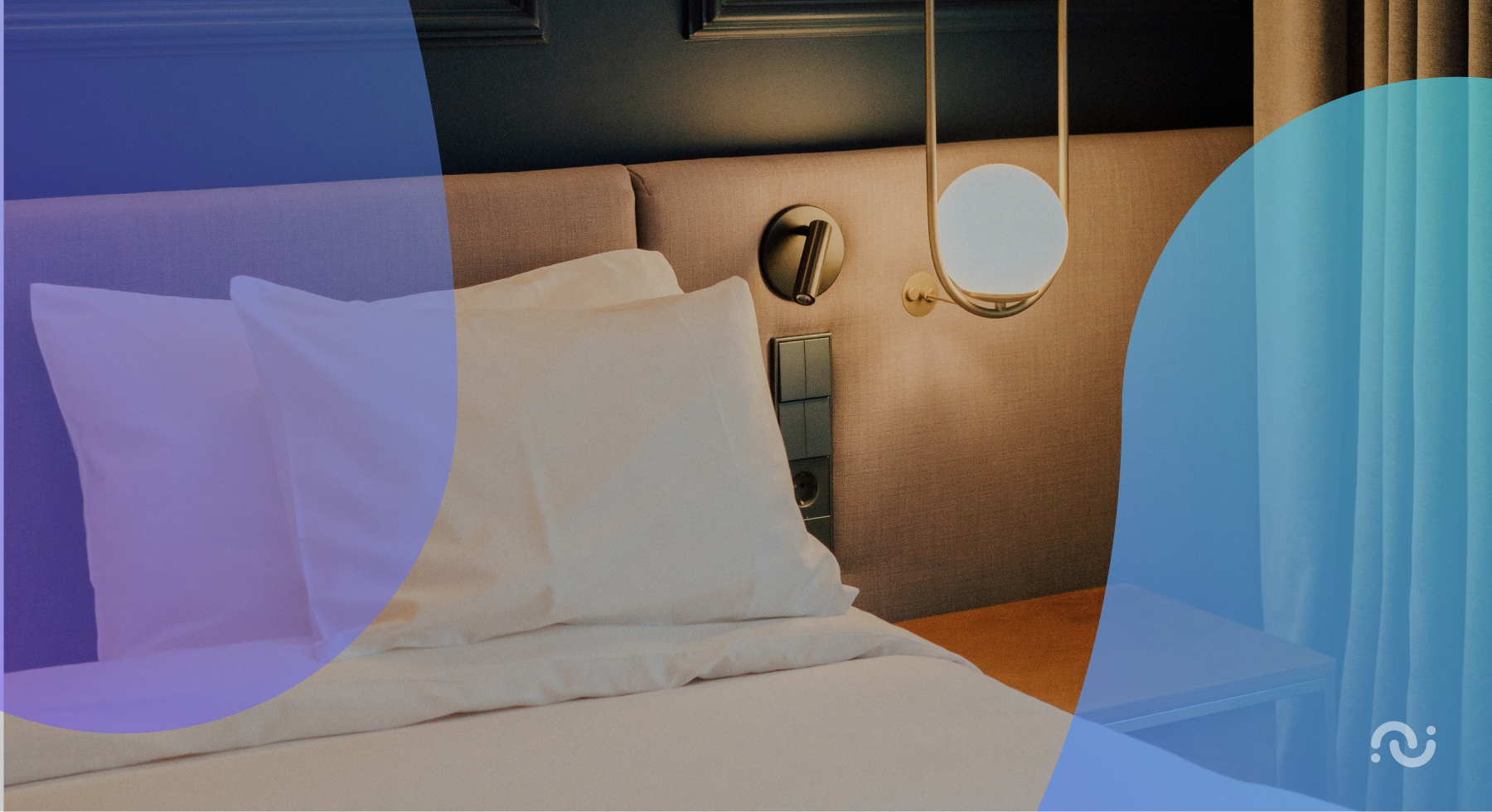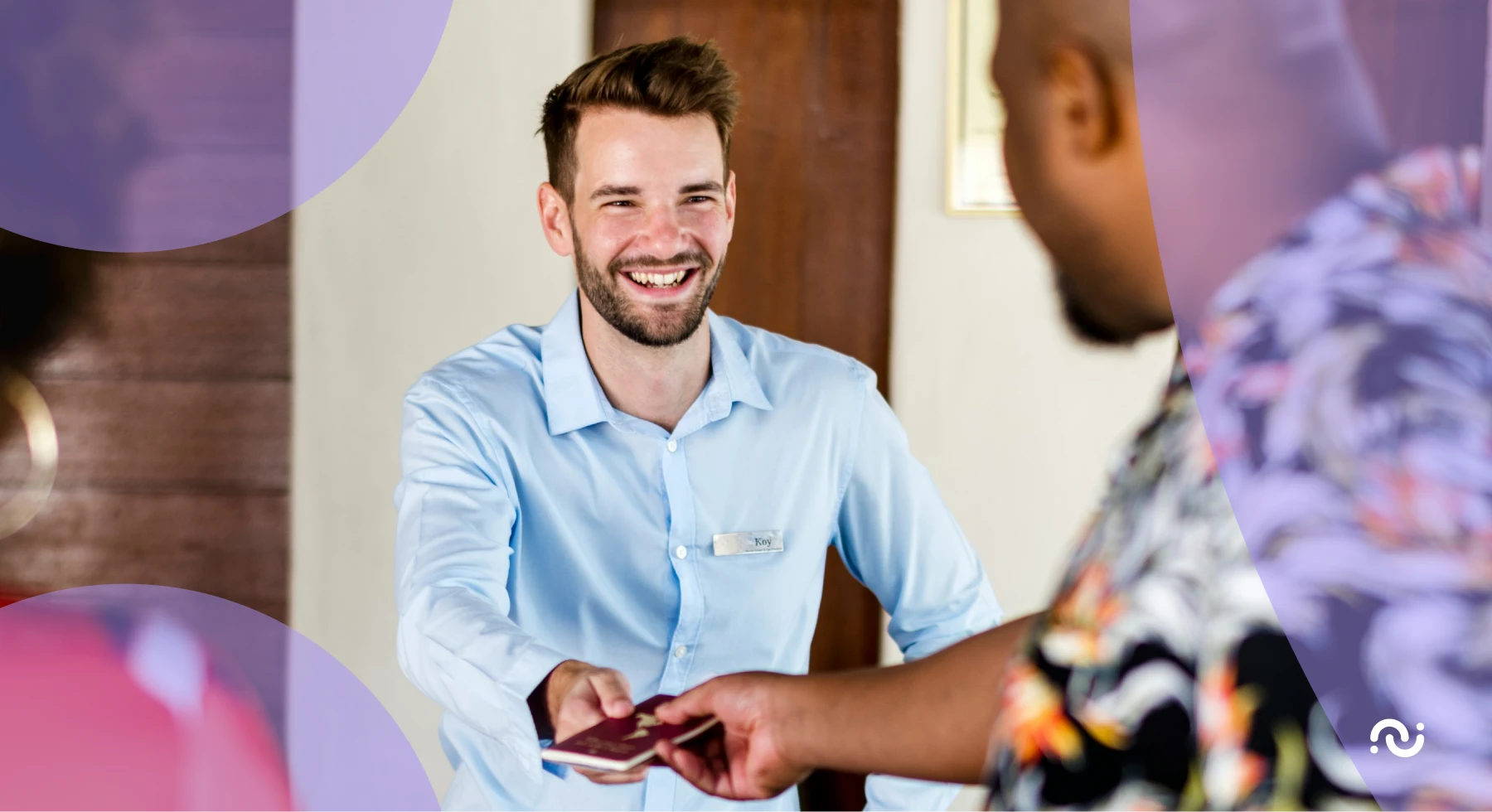Let’s be clear: chatbots are not an SEO ranking factor. This means that hoteliers won’t magically start appearing in the top positions because they’ve made a chatbot available on their website.
That said, chatbots can actually be very positive for SEO since they can be an excellent way to enhance proven ranking factors, especially the ones associated with E-A-T (Expertise, Authoritativeness, and Trustworthiness) and User Experience.
According to the extensive Google Search Quality Evaluator Guidelines, having a higher E-A-T is a major reason for a website to rank in the first position in search results. Also, the user experience and the way websites address the users’ search intents are critical aspects in this regard.
So, let’s explore how chatbots, and particularly HiJiffy’s unique solution, can boost hoteliers’ SEO efforts.
Creating a positive user experience
One of the most significant advantages a chatbot can provide is improving the users’ experience when visiting a website.
Search Engines consider the signals of good user experience and engagement to determine how relevant a specific website is for a specific search intent.
More than an SEO ranking factor, it is also directly correlated with the conversation rate.
And how is the experience improved?
Well, it can be an excellent way to guide customers through the site, meaning they will always be able to find the correct information that will answer their search intent, even if for some reason they’ve not landed on the most adequate page for that specific topic.
It also means improving the amount of time users spend on the website.
How long users stay on a website after they’ve found and clicked on it on the Search results – usually referred to as Dwell Time – is a factor that, although not 100% consensual among the SEO industry, can have positive impacts on SEO. Even though it is not a confirmed ranking factor by Google, it is a concept previously mentioned in Bing’s blog.
The theory behind it is simple: the more time a user spends on a website, the more satisfied the user is with the answer that that website is given to its specific search intent. In order words, it provides a signal that the website’s quality is good.
And well, worst-case scenario, while users are spending time on your website, they’re not booking in competitors, right?
Improving the content quality
15% of daily searches in Google are new, meaning that not even Google’s keyword planner can retrieve all the relevant queries for the hospitality industry. So, by using the chatbot to collect unique insights regarding the new needs that users are trying to fulfil every day, hoteliers can improve the website’s content quality.
Apart from a significant competitive edge, it can be really important for SEO. By having unique content that can satisfy the users’ search intent when no one else does, hoteliers can improve E-A-T while attracting more qualified visitors to their website.
Fixing technical SEO problems
Also, chatbots can also be important to detect technical errors earlier since users can immediately report them. For example, users can report if they’re being sent to pages in the wrong language, which can indicate a problem with the implementation of hreflang tags.
Boosting Online Reputation
Since chatbots are a solution-oriented tool – something that, not only hotels, but all types of organisations are always in need of – they can be an excellent way for hoteliers to increase the number of guests providing five stars online reviews, from Trip Advisor to Google My Business.
More people giving top ratings means Google getting clear signals of the expertise, authoritativeness, and trustworthiness (E-A-T, remember?) from that site. The higher the E-A-T, the higher the chances of ranking in the top positions.
Developing an SEO-friendly chatbot
HiJiffy’s Product team includes SEO experts and, as a result, we’re able to create a top-performing chatbot in terms of loading time and Core Web Vitals (both lab and field data), an important ranking factor recently introduced by Google.
Loading time
Everybody knows how annoying it is when a page doesn’t open even after a long wait, so Google counts the loading time as part of the user experience.
Thanks to an innovative “lightweight” approach to coding, our developers created a high-performing solution in terms of loading time.
Core Web Vitals
Also, contrarily to other solutions that use regular “heavyweight” code (a lot of Javascript, etc.), our chatbot is developed to guarantee the lowest impact possible on the Core Web Vitals.
- Largest Contentful Paint (LCP), which is important because it tells the reader that the URL is loading, stands for the amount of time to render the largest content element visible in the viewport, from when the user requests the URL.
- First Input Delay (FID), which is important on pages where the user needs to do something, because this is when the page has become interactive, considers the time from when a user first interacts with a page (when they clicked a link, tapped on a button, and so on) to the time when the browser responds to that interaction.
- Cumulative Layout Shift (CLS), which is important because having pages elements shift while a user is trying to interact with it is a bad user experience, measures the total sum of all individual layout shift scores for every unexpected layout shift that occurs during the entire lifespan of the page.
Going straight to the point since the list is becoming too long, regarding HiJiffy’s benefits it would be important to also point out:
- Mobile-first optimization: Search Engines give primacy to the mobile experience, and actually Googlebot primarily crawls and indexes pages with the smartphone agent.
- Advanced security and data encryption protocols: assuring trustworthiness is not just about the https anymore…
In conclusion…
Hoteliers looking to enhance their offerings’ visibility in SERPs as part of their hotel marketing strategy must pay special attention when choosing the right chatbot for their hotel.
And here we’re not just talking about the organic implications, but also for paid campaigns since a good load time, for instance, leads to a lower bounce rate, meaning not wasting money on clicks that never reached the intended landing page.






